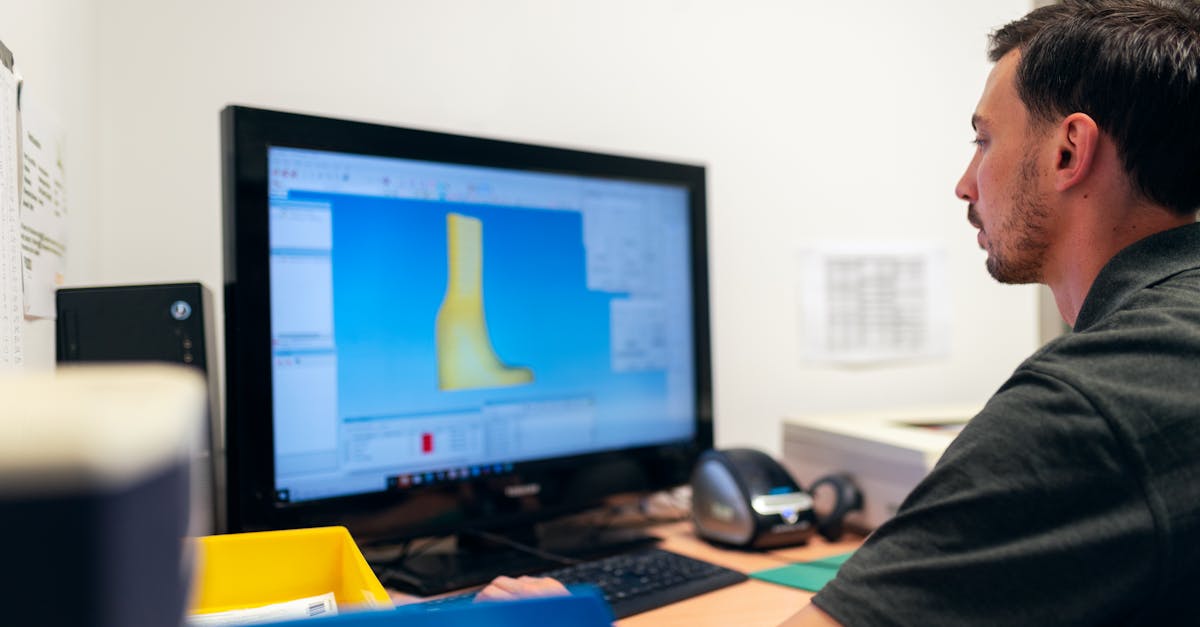
Foot Orthotics
Table Of Contents
Foot In recent years, the importance of finding the right support for foot and body health has led many to seek assistance from specialized professionals. Among these specialists are the Boulder custom orthotic providers, who offer tailored solutions designed to address individual biomechanical needs. With their expertise, individuals suffering from discomfort or mobility issues can experience significant relief and improved functionality through the use of custom orthotics. Understanding the vital role these providers play can help potential patients navigate their options effectively.
The journey to better foot health often begins with a comprehensive evaluation by trained experts. Boulder custom orthotic providers utilize advanced technology and techniques to accurately assess each patient's needs. This thorough approach ensures that every aspect of an individual's foot structure and movement is considered when creating custom orthotics. Such personalized attention not only enhances comfort but also promotes overall well-being, making it essential for those in need to seek out these specialized services.
Typical Challenges Treated with Orthotics
Orthotic devices are often employed to address typical conditions that affect individuals' mobility and comfort. Pes planus is one such condition that can lead to pain and discomfort during daily activities. Arch supports help to provide the necessary arch support, alleviating pressure on the feet and improving overall alignment. Another prevalent issue is plantar fasciitis, which can hinder walking and standing. Using orthotic solutions can help distribute weight evenly across the foot, reducing strain and promoting healing.
In addition, conditions like foot instability can be effectively managed with orthotics. This condition often leads to ankle sprains due to improper alignment. Custom orthotic devices can provide stability and support, minimizing the risk of injury. Diabetic foot ulcers are another serious concern that can be addressed with orthotic interventions. These devices can help redistribute pressure and protect sensitive areas, reducing the likelihood of complications while enhancing mobility.
Identifying Disorders That Benefit by Orthotic Devices
Orthotic devices play a crucial role in aiding individuals with various disorders. Patients suffering from ankle issues, such as plantar fasciitis, often find relief through custom orthotics. These devices are designed to offer proper alignment and support, making daily activities more manageable. Additionally, individuals with neurological disorders, like multiple sclerosis, can benefit from orthotics that improve mobility and enhance overall quality of life.
Injuries and chronic pain conditions, such as arthritis, can also be effectively managed with orthotic interventions. By redistributing pressure and reducing strain on affected areas, these devices help alleviate discomfort and promote healing. Athletes often use orthotics to address performance-related issues, ensuring they maintain peak performance while minimizing the risk of injury. Understanding the conditions that benefit from orthotic devices can lead to more effective treatment plans and improved outcomes for those in need.
Examining the Importance of Custom Orthotics
Custom orthotics play a key role in promoting foot health. These devices are crafted to correct specific musculoskeletal issues that individuals may experience. Through providing the right level of support and alignment, custom orthotics can assist in minimizing pain and strain during daily activities. This type of intervention is especially helpful for those suffering from conditions like plantar fasciitis, flat feet, or other orthopedic problems.
In addition, the use of custom orthotics can enhance overall mobility and stability. These orthotic devices are not just created to fit the unique contours of an individual's foot but also to deliver the necessary support for proper gait mechanics. With individuals wear these orthotics, they may experience increased comfort, allowing for a more active lifestyle. Ultimately, the importance of custom orthotics cannot be overstated, as they play a significant role in sustaining foot health and overall well-being.
Reasons Personalized Orthotics Can Be Essential
Custom-made orthotic devices play an important role for boosting mobility as well as reducing discomfort for patients experiencing various leg concerns. These devices can be precisely designed to fit each person's biomechanics ensuring the best stability during routine movements.
In addition, personalized orthotics can assist in addressing poor movement patterns which might cause in additional issues as time goes on. These orthotics do not only deliver comfort also boost complete well-being via encouraging proper posture and lessening strain on the entire body.
Methods to Maintain Your Orthopedic Devices
Proper maintenance of your orthotic devices is essential to guarantee their longevity and efficiency. Regularly cleaning is necessary to avoid the buildup of dirt and bacteria. Employ a gentle soap and water solution when cleaning the surfaces, and allow them to air dry afterward. Refrain from using harsh chemicals or excessive moisture, as these can damage the materials. Check your devices periodically for signs of wear and tear, repairing any issues promptly to prevent further complications.
Maintaining your orthotic devices properly may also lengthen their lifespan. As not in use, store them in a cool, dry area away from direct sunlight. Using a protective case or pouch might help guard them from potential damage. Additionally, it is essential to follow any specific care instructions provided by your healthcare professional or the manufacturer. Regular follow-ups with your healthcare provider can help ensure that your devices remain effective and work well for your needs.
Key Guidelines for Maintaining Orthotics in Optimal Condition
Appropriate care of orthopedic supports is crucial for ensuring their performance and longevity. Consistently washing your supports is able to help avoid germs and odors from building up. Always follow the manufacturer's instructions for cleaning. Employing a soft cloth or brush is suggested to gently clean the surfaces without causing damage. Do not use harsh chemicals or soaking them in water, as this may compromise their integrity.
A further important aspect of keeping orthopedic supports is proper storage when not in use. Placing them in a dry, cool area contributes in maintaining their shape and function. Keeping them away from direct sunlight or extreme temperatures is crucial to prevent any material degradation. Moreover, switching between pairs, if possible, may extend their durability. Consistently inspecting your supports for any signs of wear and tear can ensure they remain in good shape.